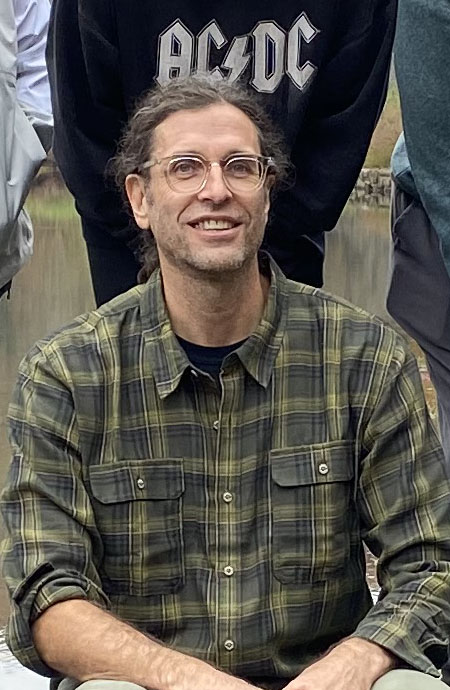Project Background
Urban forests and trees are integral to ecosystems, human health, and quality of life in cities. With some 5.5 billion trees providing shade, improving air quality, and storing carbon in U.S. cities alone. But trees are not everywhere in every city, and some scholars have begun questioning if the distribution of urban trees and tree benefits is equitable and just. In this research project, we examine decision-making, management, and governance of urban forests and trees. We want to know who decides how to assess, value, prioritize, and protect trees in cities, and from where and what decision makers draw this information. This is important because recent research highlights disparities among urban residents' access to trees. It is also important because federal, state, and local governments increasingly promote trees for their economic and climate-mitigation potential and invest heavily in expanding and preserving urban forests. Our research will fill a gap in our understandings of whose values matter and what valuations get prioritized in the urban forest and tree planning process. Over summer 2024, our group will conduct interviews with urban and community forestry stakeholders across 28 cities in Utah, Oregon, Texas, and Ohio. Local actors will include urban foresters, tree board members, elected officials, active community members, arborists, and other tree professionals. Regional actors likely will include personnel and staff from the U.S. Forest Service, tree companies, the International Society of Arboriculture, as well as staff members from regional forestry non-profit organizations.
Student Role
The student researcher will participate in data preparation, collection, and management. Working with me and a graduate student, the student will help to identify and contact potential interview respondents, assist with scheduling, and participate in semi-structured interviews. Most interviews will be conducted via zoom, though some interviews in Utah may be face-to-face. For interviews, we will first review and complete a 'consent to be interviewed' form and then we will record responses to multiple questions. I expect the student researcher to be an active participant in the interviews. Although urban forestry may be new to the student, there will be opportunities to ask questions related to other aspects of the project, including community participation, equity, digital technologies, human-environment interactions, and planning processes. After the interviews, the student will assist with transcribing audio files to text. We also will work together to prepare and analyze the interviews in MAXQDA, a qualitative and mixed-methods data analysis software program. This will entail learning how to categorize, code, and visualize the data. Because of the nature of this research, we will meet regularly to schedule and prepare for interviews, as well as work together to code and analyze the data. To conduct human subject research, the student will need to complete Human Subject Research Training through the Collaborative IRB Training Initiative (CITI). Throughout the duration of the project, the student will work closely with us to hone their skills in qualitative research methods, and to acquire grounding in interviewing, coding, and analyzing text.
Student Learning Outcomes and Benefits
This research experience is ideal for a student interested in urban forests, environmental justice, planning, and qualitative research methods. Someone who intends to apply for graduate school in a social sciences field would benefit immensely from this experience. Other outcomes and benefits for the student include learning how to conduct semi-structured interviews, learning the importance of consent and ethics in human subject research, becoming experienced in preparing and analyzing interview transcript data, and acquiring the skills to work with a collaborative research team. The student would also work with me and the graduate student to develop and present a talk or poster on aspects of the research at an academic or university conference. Finally, I hope the student would also use this opportunity to begin to identify their own research interests, disciplinary path, and methodological preferences, which are critical for establishing a research and career trajectory.

Matthew Fry
Mentoring is a two-way street and I expect to learn from mentees in addition to providing mentorship. For collaborative research with students, I provide guidance, help to establish deadlines, provide feedback, and articulate goals. My door is always open. In return, I expect students to come prepared to meetings, ask productive questions, be flexible and innovative, be open to criticism, and follow through on commitments. This research is a team project involving the student researcher, myself, and a graduate student. I have learned that research teams are successful when everyone contributes, when all opinions and ideas carry equal weight, and when everyone is excited about what we're doing. This means we all work hard to meet our commitments, we read and prepare a lot, and we ask a lot questions, but we also smile, laugh, and share with one another. I like being on teams that make everyone feel included, appreciated, and important. Students I have worked with in the past have won poster and presentation awards at academic conferences, some received research funding, and many have gone on to successful graduate and professional careers. My mentoring doesn't end with the project, and I continue to encourage, support, and write recommendation letters for my students long after they graduate.
